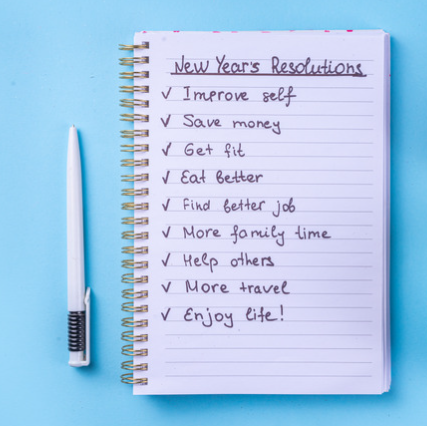In today’s fast-moving world, it’s easy to feel overwhelmed by stress, anxiety, and constant mental noise. Mindfulness offers a way to slow down, reconnect with the here and now, and support our emotional and mental well-being. Far from being just a trend, mindfulness is a research-backed practice used in therapeutic settings to help manage anxiety, low mood, and emotional overwhelm.
For many people, mindfulness can be a valuable companion to counselling or online therapy — providing simple, grounding tools that offer support in everyday life.
What is Mindfulness?
Mindfulness is the practice of paying attention to the present moment with openness and without judgement. It has deep roots in Buddhist traditions, but is now widely used in psychological approaches, like MBCT (Mindfulness-Based Cognitive Therapy).
When practiced regularly, mindfulness can help regulate emotions, reduce stress, and improve clarity of thought — making it easier to respond to life’s challenges with calm and perspective.
How Mindfulness Affects the Brain
Neuroscience offers fascinating insights into how mindfulness works. Brain imaging studies show that regular mindfulness practice can strengthen the prefrontal cortex (linked to focus, emotional regulation, and decision-making), while calming the amygdala, which governs our fear and stress responses.
Mindfulness has also been shown to reduce levels of cortisol, the stress hormone — which has benefits not just for mental health, but for the body as well.
People who practice mindfulness often feel more present and less reactive, and can find it easier to cope with difficult thoughts or emotions when they arise.
Simple Mindfulness Techniques to Try
Here are a few easy ways to bring mindfulness into your daily routine:
Note: If you’ve experienced trauma, you may find body work uncomfortable or overwhelming. People with Alexithymia also struggle to notice and identify feelings and sensations in their body and can find these type of exercises frustrating. Only attempt what you feel safe and comfortable to do, and as with any new skill, it takes time to learn so don’t worry how much or little you manage.
1. Mindful Breathing
A foundational practice that helps calm the nervous system.
- Sit or lie comfortably and close your eyes.
- Inhale slowly through your nose for a count of four.
- Pause for a moment.
- Exhale gently through your mouth.
- Focus on the sensation of your breath.
If your mind wanders, gently bring your attention back to your breath — no judgement needed.
Just a few minutes a day can make a difference.
2. Body Scan Meditation
This practice builds awareness of physical tension and sensation.
- Start at your toes and move slowly upward, noticing each part of your body.
- Notice any sensations — warmth, tension, or discomfort — without trying to change them.
- Allow your body to relax as you go.
3. 5-4-3-2-1 Grounding
Ideal for moments of anxiety or overwhelm.
- 5 things you can see
- 4 things you can touch
- 3 things you can hear
- 2 things you can smell
- 1 thing you can taste
This technique engages the senses to help anchor you in the here and now.
4. Mindful Walking
Turn a simple walk into a calming practice.
- Walk slowly and pay attention to each step.
- Feel the ground beneath your feet.
- Notice sounds, textures, and movements around you.
Let go of the need to get somewhere — just be present with the experience.
5. Journaling with Awareness
Writing can be a mindful act too.
- Let your emotions or thoughts flow freely without the need to sensor or edit them first.
- Try starting or ending the day by listing three things you’re grateful for.
- Notice any patterns or insights as you write.
- If words feel difficult, trying doodling or grab some colours to see what comes up.
Mindfulness and Online Counselling
For those engaged in counselling, mindfulness can enhance the therapeutic process. It helps develop awareness of your internal world — thoughts, emotions, sensations — making it easier to work with them in therapy.
Many counsellors now integrate mindfulness techniques into sessions or suggest exercises between appointments. This can empower you with practical tools to manage stress in the moment and build long-term emotional resilience.
Final Thoughts
If you’re exploring support for your mental health, integrating mindfulness into your routine is a compassionate place to start.
Mindfulness is a gentle, powerful way to support your mental wellbeing. It doesn’t need to be perfect or take long — just a willingness to pause, notice, and return to the present when your mind wanders.
Whether practiced on its own or alongside counselling, mindfulness can foster self-awareness, reduce anxiety, and help you feel more grounded in daily life. Like any new habit, it takes time — but with consistency, the benefits can be profound.


